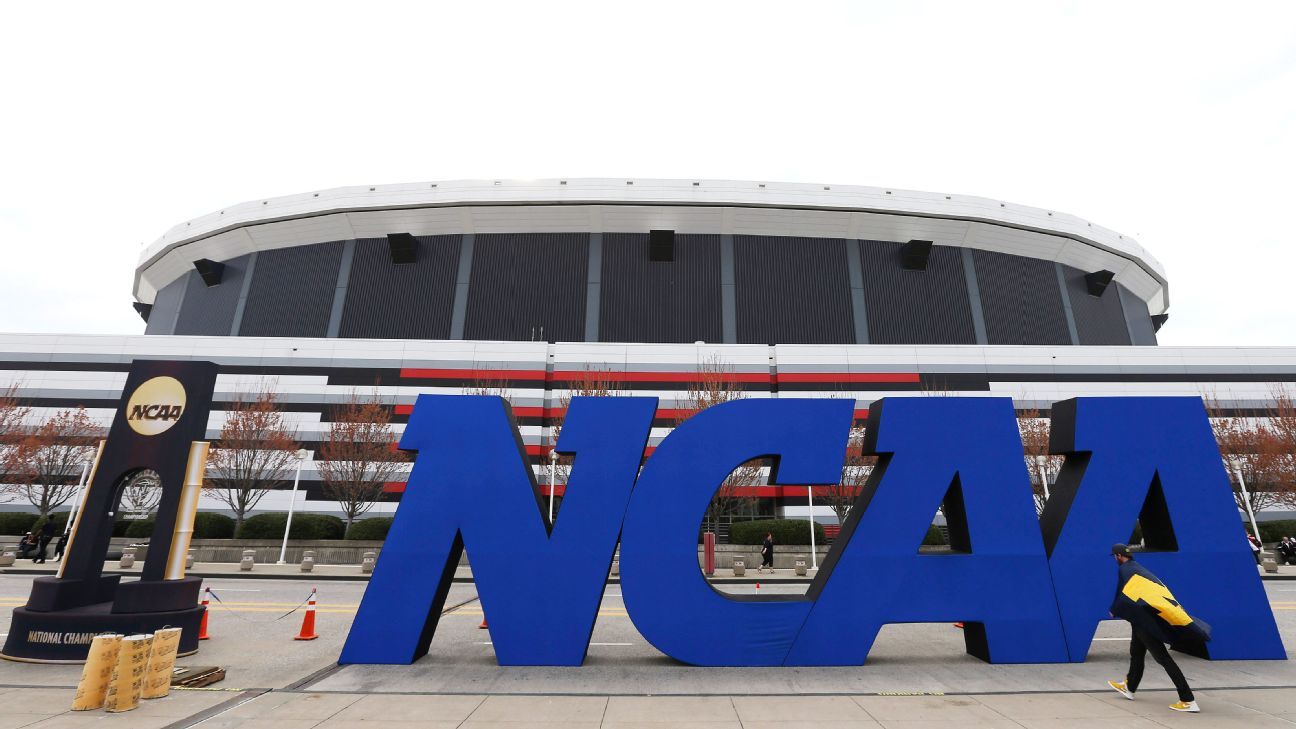The NCAA Division I Board of Directors voted Friday to give all fall sport student-athletes an additional year of eligibility and an additional year to complete it through a blanket waiver.
The move eliminates a cloud of uncertainty for athletes in fall sports whose seasons have been postponed or could be further disrupted because of the ongoing coronavirus pandemic.
The extra year of eligibility, which was recommended to the board of directors earlier this week by the NCAA’s Division I Council, was just one of several decisions Friday intended to further protect student-athletes during COVID-19.
The board on Friday also determined that schools can’t require student-athletes to waive their legal rights regarding COVID-19 as a condition of participation. Schools are also prohibited from canceling or reducing scholarships if an athlete decides not to participate because of COVID-19.
West Virginia athletic director Shane Lyons, who is the chair of the Football Oversight Committee, said the top question he has received from student-athletes has been regarding their eligibility during a season of uncertainty.
“By providing clarity and removing that uncertainty from their minds is something that’s going to be very beneficial as we move forward,” Lyons said. “Not having a normal season, not having that normal 20 games in soccer, or 28 matches in volleyball, and even football not sure what that season’s going to look like, that was the No. 1 concern that the student-athletes had, was the eligibility piece.”
Although Lyons called it a win for the student-athletes, he acknowledged that it could be difficult to manage scholarships and rosters of future teams.
“We have to look at what was right for the student-athlete for this situation,” Lyons said. “The eligibility piece, without question in my mind, this is a win for them. As administrators, as coaches, we’re going to have to deal with a potential backlog on the back end, but I’m very confident that we’ve done it in other situations in a yearly basis. It may be greater numbers, but we can work through that with the normal attrition you have on your rosters, as well as discussions with athletes in the coming years about their playing time and their interest in potentially transferring to other institutions.
“It all works its way out. We had to look at what was in front of us today, and that’s taking care of the athletes on our rosters right now.”
The board of directors on Friday also made a commitment for Division I to work toward hosting “scaled-back fall championships in the spring.” Board members cautioned that fall championships should only be played in the spring if they can be conducted safely and in accordance with federal, state and local health guidelines.” Any final decisions on bracket sizes and composition will be approved by the board.
The NCAA said in a release that the priority remains “preserving opportunities for winter and spring sport student-athletes who did not have the chance to participate in the NCAA championships in 2019-20.
“We want to provide opportunities for student-athletes whenever possible,” said acting board chair Denise Trauth, president of Texas State. “We understand it will be complicated and different, and we’re not certain how it will look. But we believe it’s important to try to give students that championship experience.”
